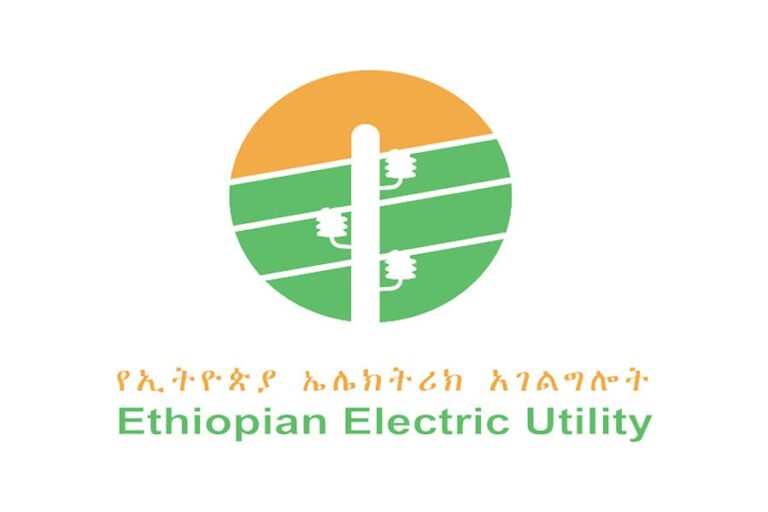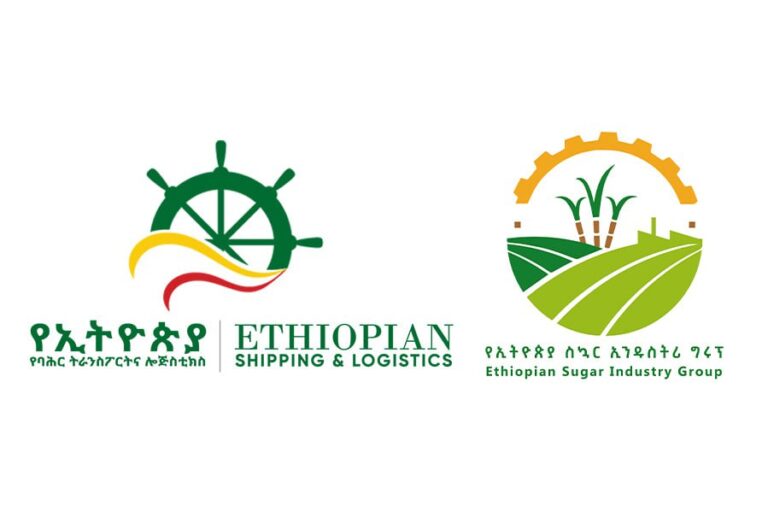Over 30,000 people benefited from improved safe water services in Greater Conakry following major investment under the Guinea Urban Water Project (PUEG); With over 12,000 meters installed, customers can now better manage their water consumption and enjoy enhanced service delivery; Under the project, 650 workers and supervisors benefited from capacity building to upgrade their technical, operational, and commercial skills.
Every morning at the crack of dawn, Sig Madina, a working class neighborhood, wakes up to the sounds of vendors hawking jerrycans of water from their carts for GF 2,000 to GF 5,000, depending on the size of the can. Today, the people of Sig Madina have access to the safe water they need for their daily survival.
But this was not always the case. Just a couple of years ago, water was hard to come by in Sig Madina. Households struggled to buy the bare minimum from the vendors. On any given day, Makalé Cissé, a mother of five, could only buy twenty 20-liter cans to meet her family’s washing, cooking, and drinking needs, costing her the equivalent of US$60 a month, or about 20 percent of her monthly budget.
When funds ran low, Makalé and her daughters would walk two kilometers, water cans on their heads, just to fetch water at the closest public standpipe. Getting up early was the only way then.
As she explained, “Not only was it a long way to go, but the quality of the water wasn’t even good enough. My children would often get sick; plus, having to go and fetch water affected my daughter’s performance at school.” Her eldest daughter, Aïssatou, failed her Baccalaureate exams twice. She explained what happened: “I would often leave late for school and had no time to go over my lessons. I had no choice, I had to help my mom.”
Just like families in Sig Madina, many other households in Conakry and its suburbs faced the same challenges in getting the safe water they needed, because of crumbling water pipes dating back to colonial times.
Water piped to her home spells relief for Makalé
“Now that I just have to reach over and turn on my own tap at home, I have more time to focus on the other things I have to do each day. That also frees up time for my girls, who can focus fully on their schoolwork now.” Makalé Cisse
Since the household water connection was made and the water meter installed at the Cissé home a few months ago, they now have easier access to safe water. Flashing her brilliant smile, Makalé quipped: “Once we have water, we have life.”
Now, there is no more tumbling out of bed at dawn to wait for the water vendors. No more long hikes to stock up on water at the public standpipe. As she put it: “Now that I just have to reach over and turn on my own tap at home, I have more time to focus on the other things I have to do each day. That also frees up time for my girls, who can focus fully on their schoolwork now.”
With a meter in place, Makalé pays the equivalent of only $10 every other month compared to the $60 that she used to pay each month. She invests the money saved in income-generating activities to provide for her family and pay her children’s school fees.
Enhanced drinking water supply in Greater Conakry
This major shift in Makalé’s home and homes in other low-income neighborhoods in Conakry is just one of the successes of the Guinea Urban Water Project (PUEG), which was launched in 2018 with financing from the World Bank.
In a bid to improve access to water services, one of the main thrusts of the PUEG is investment in infrastructure for people in underserved neighborhoods, a move that has led to over 1,500 homes being connected to the network for the first time, enabling more than 30,000 people to gain access to drinking water and better manage their water consumption, thanks to the installation of 12,500 water meters—part of overall efforts to enhance the system’s efficiency.
Deputy General Manager in charge of infrastructure and development at Guinea Water Company, Moussa Camara, explained it this way: “The project made it possible to boost storage and distribution capacity by drastically reducing leaks and revenue loss. By laying new pipes, we got rid of many of the huge leaks and improved water supply to these areas. Better yet, the quality of the water reaching these homes was also higher.”
The PUEG project has been completed even as work continues under the new Guinea Water and Sanitation Project (PEAG), a US$200 million project financed by the World Bank. The PEAG project will mark a sea change in bringing safe drinking water to urban areas by increasing throughput, transport, storage, and distribution of safe drinking water to the people of Greater Conakry.
Distributed by APO Group on behalf of The World Bank Group.




